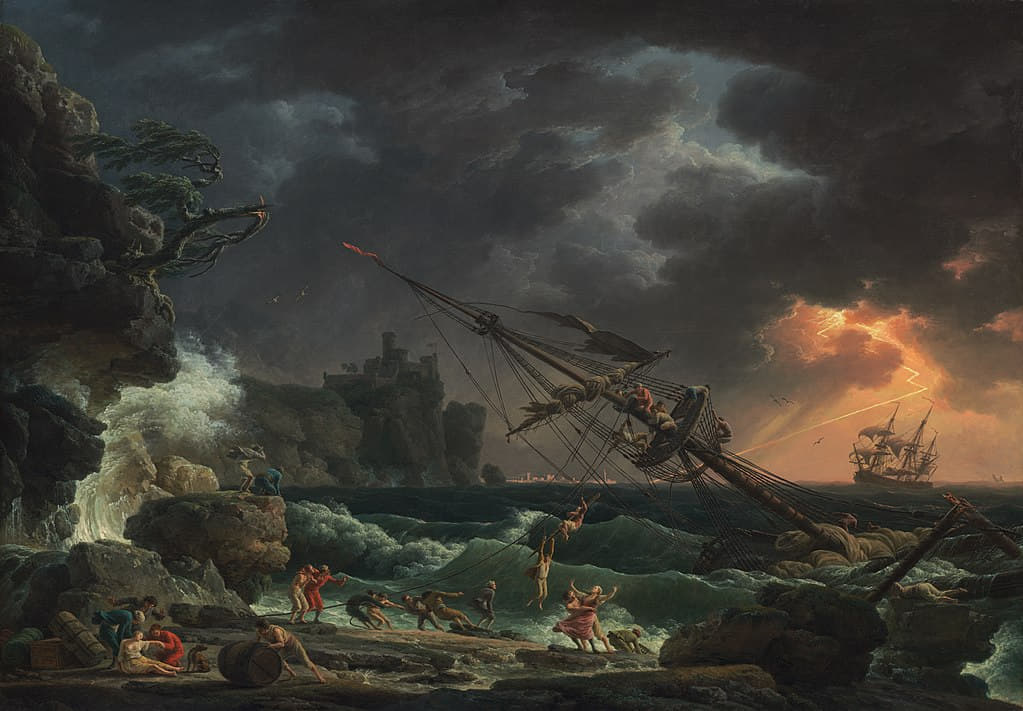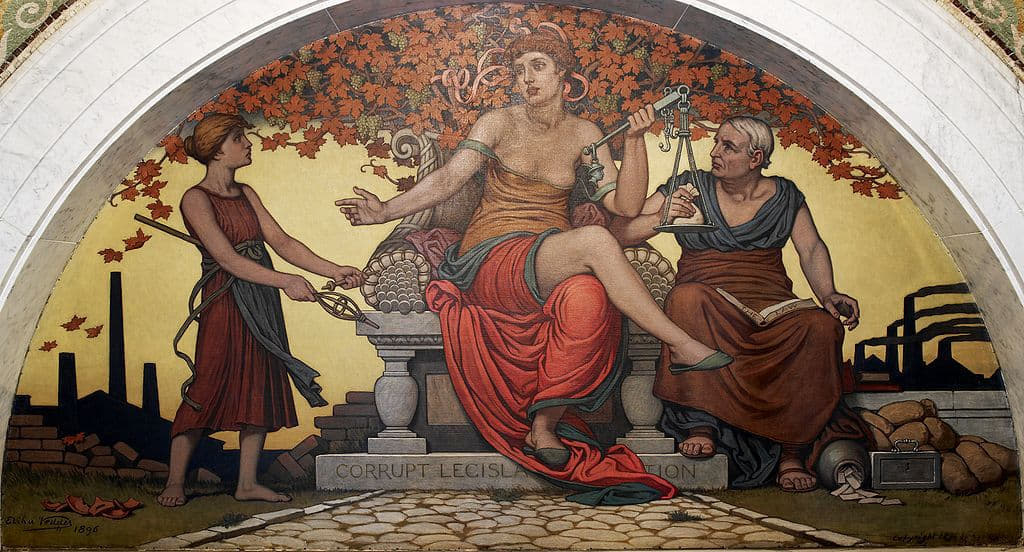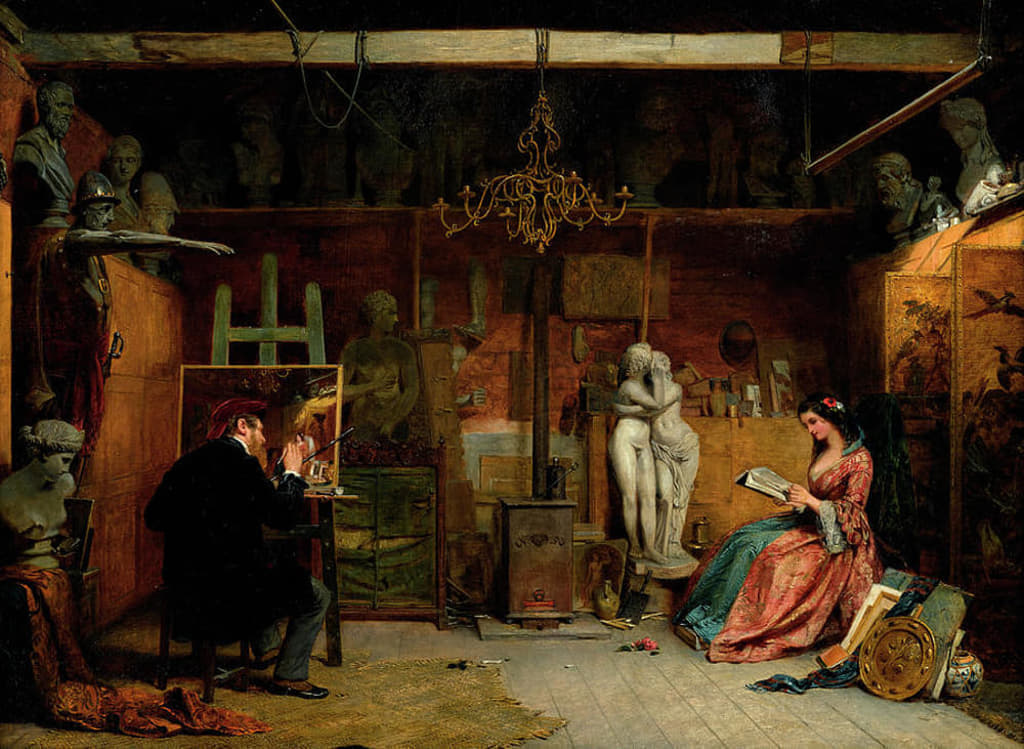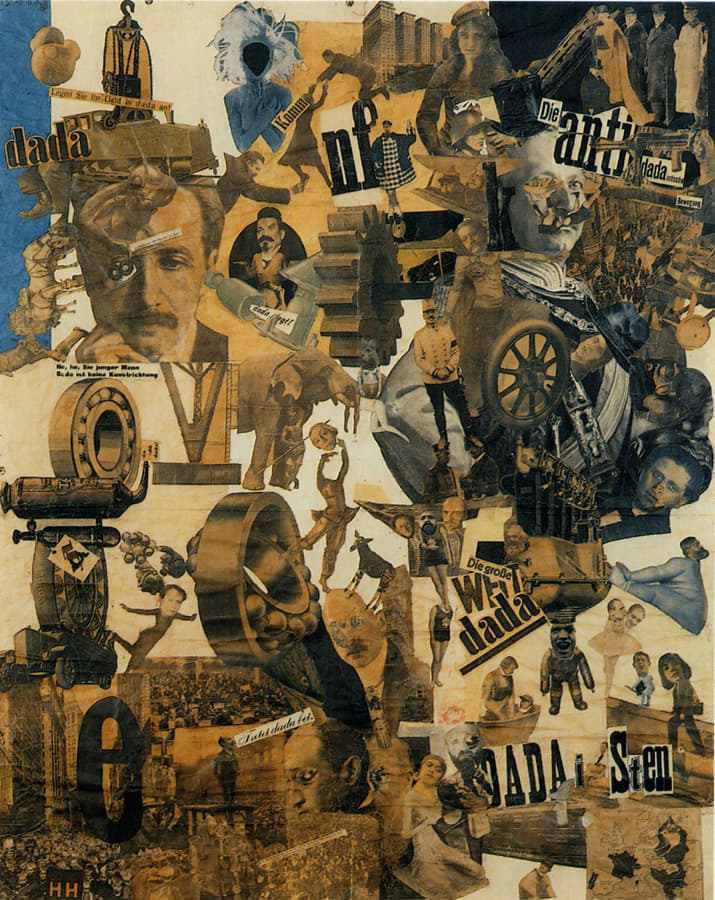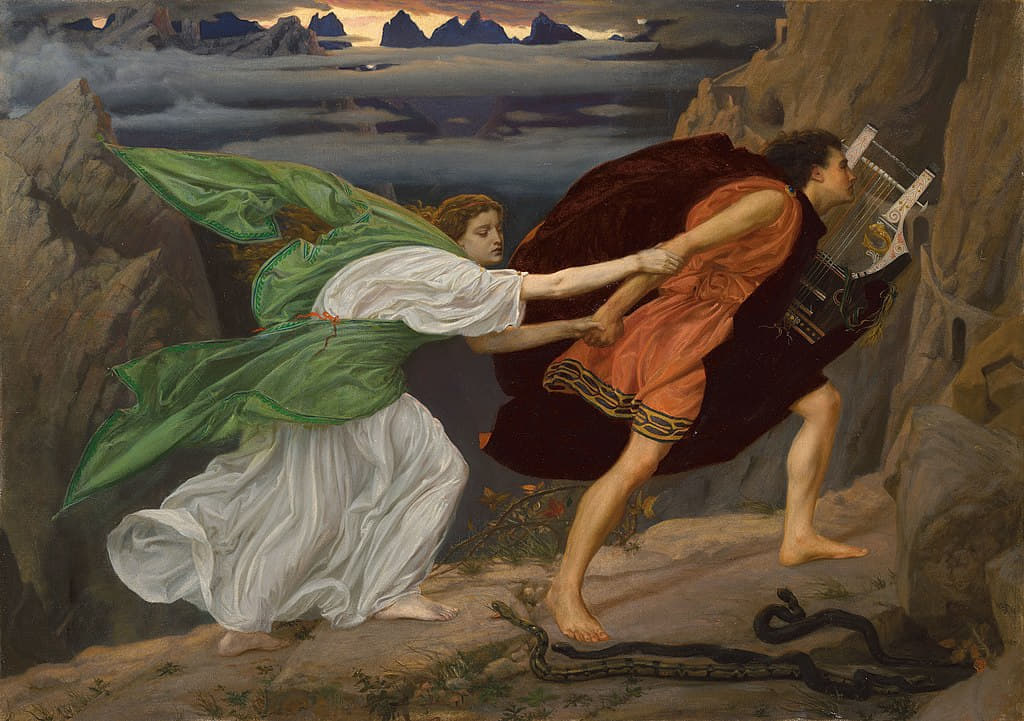In the framework of financial capitalism, speculative markets dominate the economy. Finance, which in the preceding phase of capitalism was connected to production and was functional to its development, becomes autonomous and becomes an end in itself, subjugating production itself and, in general, what has been called the “real economy” (in order to distinguish it from the purely fictitious and fetishistic economy characteristic of finance).
Through the possibility of the creatio ex nihilo of money, the practice of integral speculation in the financial sphere has been encouraged; a practice which, to frame it conceptually, can be qualified as the trade of money self-referentially established as an end in itself and emancipated from any productive purpose.
An emblematic example, among the many available, is the modus operandi of the stateless financier and liberal-progressive herald of the Open Society, George Soros. In 1992, he perpetrated a speculative attack on the Italian lira and the British pound sterling, thanks to which he earned, in a single night, an immense fortune. Specifically, he borrowed ten billion pounds sterling and converted them into German marks. He waited until the pound depreciated on the markets by 15% and, at that moment, he resold the marks and obtained in exchange almost twelve billion pounds. In this way he was able to pay back the ten billion he had borrowed, with interest, and keep the rest, with a profit of about two billion pounds sterling.
What Soros did can be taken as a “textbook” example of this financial speculation which, in short, consists in “gambling” and making profits by “playing” with the difference in prices in time and space of financial instruments, commodities and currencies, without providing any added value. For speculation on the economy and on society to become hegemonic, the monopoly of currency and the complete freedom of capital are indispensable conditions. And it is with this result in mind that financial capitalism developed, especially after the end of the Bretton Woods agreements and through successive processes of financial deregulation.
Speculation, as a consubstantial element of the financial system of the “banksters” and Wall Street (or rather, “War Street”), confirms Keynes’ thesis; in his opinion, if it is not regulated, financialized capitalism is the closest thing to a casino. To be precise, it is a truly sui generis gambling house, based on a very simple rule: if it comes up heads, the banks win; if it comes up tails, the taxpayers lose. Or, to put it with the title of Sheldon Emry’s book, Billions for Bankers, Debts for the People (2017).
Some investors can easily earn formidable amounts of money in a very short time, but the majority of the population loses and the productive economy falls into ruin. This is what Susan Strange stated in her study, Casino Capitalism (1997): “For the great difference between an ordinary casino which you can go into or stay away from, and the global casino of high finance, is that in the latter all of us are involuntarily engaged in the day’s play” (p.2).
The Keynesian definition of Casino Capitalism is also convincing because, in the liberal-financial order, the objective is not to reduce risk as much as possible but, in a diametrically opposed way, it is consciously assumed, since it is the element that makes it possible to obtain enormous profits, while “generously” leaving it to others to always lose. On the other hand, the prevalence of short-term speculative activity on the financial markets—mainly in the field of automated securities trading—has exponentially increased the social irresponsibility of investments.
Such endemic irresponsibility is also due to the fact that the speculative casino of neo-capitalism is governed, in its own way, by a rigorous logic or, to paraphrase the words of Shakespeare’s Hamlet, it manifests itself as a madness endowed with its own method, which can be condensed as follows: the more you risk, the more you stand to gain or lose. And as it corresponds to its aim of maximizing profit, exceeding all possible limits, speculative finance ventures into ever more acrobatic and risky operations, often taking advantage of savers’ deposits to create money and generate profits. This is, for example, the logic-logic of hedge funds, which speculate by borrowing money.
The mechanics of speculative finance also sets in motion a paradox worthy of note: savers, despite not wishing to take risks, entrust their savings to a bank which, au contraire, can use this wealth—without their knowledge, in fact—to embark on risky speculative operations. Among other things, it can be inferred from this that the asymmetries essential to the capitalist financial mode of valorization are also of a cognitive order: the financial institutions and the large speculation agencies have at their disposal a volume of information inaccessible to small and medium-sized investors, let alone ordinary savers.
It goes without saying that the constellation of the banking system, the financial order and the dynamics of speculation constitute—by their very essence and not by accident—an immense amplifier of social inequalities. And this is based on the very structure of financial logic, since money makes possible multiple opportunities to generate more money (Marxianly, D-D1-D2) and, therefore, whoever has more can get richer.
For this reason, the Occupy Wall Street protests, beginning in 2011, while presenting a peculiar aesthetic of impotence, had an irrefutable foundation: thanks to financial capitalism, the majority of the planet’s inhabitants have been literally expropriated of the fruits of their labor and their land by a borderless plutocratic elite minority. In technical terms, it is usually defined as “financial deepening”: a locution that indicates, on the one hand, the widespread capillary penetration of financial markets in all spheres of the world of life and, on the other, the strategy of mass impoverishment or, more precisely, the redistribution of income from the bottom up (conceived, therefore, as an essential moment of the class struggle redefined as the univocal massacre of the dominated by the dominant).
This philosophical-political thesis is corroborated by the data. It is enough to consider the fact that around 1980 (before the massive turbo-capitalist financialization), the richest nation in the world had a wealth equivalent to 88 times that of the poorest country. Well, with the arrival of the new Millennium, the disparity has risen to 270 times. It should be added that the world’s 1,000 richest individuals have a net worth slightly less than twice the total wealth of the 2.5 billion poorest people.
To bring up another relevant fact, the salaries of the top managers of large companies, in 1980, amounted on average to 40 times the average gross salary of the worker; with the new Millennium they have grown to represent between 350 to 400 times this reference. The Marxian thesis of the “centralization of capital,” enunciated in the first book of Das Kapital, seems to adhere to factual reality, especially if one considers that the dominant turbo-capitalist, liquid and post-bourgeois class currently numbers around ten million people on a planet populated by more than eight billion inhabitants.
On the other hand, it is generally known that the Western financial market is dominated by three American giants, Black Rock (which manages more than 10 trillion dollars), Vanguard (which manages about 7 trillion dollars) and State Street (which controls about 4 trillion dollars).
These globocratic giants, moreover, not only confirm the Marxist thesis of the centralization of capital but, at the same time, demonstrate how this also generates, without interruption, a consequent political centralization—the power of these financial institutions is such that they become a political force capable of placing themselves above the states and conditioning them, very often turning them into mere executors of their economic will. In fact, if the banking and financial giants revoke the confidence of the states that do not follow their economic prescriptions—usually oriented in a liberal-progressive, deregulatory and imperialist direction—then the price of their Public Debt securities will plummet. And, in this way, governments will be forced de facto to offer higher yields so that investors will decide to finance their Debt.
The fabula docet is that, thanks to the centralization of capital and the oligopolistic concentration of currency, the lords sans frontières of cosmopolitan finance exercise a practically autocratic power even over the United States and, a fortiori, over the economy of the most financially fragile countries.
It is in this same context that the way the Rating Agencies operate must be interpreted, as they reflect in their maximum expression the hypocrisy of the capitalist order and its intrinsically undemocratic essence. Rating Agencies, such as Moody’s, Fitch and S&P Global Ratings, evaluate the reliability of securities and represent, so to speak, the “barometers” of global finance. In other words, they judge whether companies and banks, public entities and states (all treated indiscriminately and with no possible escape), are in a position to pay their debts.
Leaving aside the fact that the evaluation criteria used by the Rating Agencies seem decidedly opaque and often discretionary, and that, moreover, they sometimes give rise to gross miscalculations in the attribution of their ratings (for example, they incomprehensibly assigned the famous “3 A’s” to companies such as Lehmann Brothers and Enron), their inescapable politicization must not be overlooked—i.e., the fact that, with their judgments, they are able to strongly mediatize even national states, threatening or punishing them if they dare to deviate from the neoliberal canon. The spread is the measure of a country’s credibility when it comes to paying its Debt; and so the Rating Agencies are in a position to attack states by downgrading their rating, as they do with any other company. Some have rightly coined the formula “Spread Dictatorship.” The very fact that these Rating Agencies are American makes them decidedly not very neutral with respect to the interests of US finance, not to mention, ultimately, the “incestuous” link with their clients. In short, rather than the generic finance-capitalism theorized by Luciano Gallino, we are faced with the Dictatorship of Cosmopolitan Usury as the culmination of capitalism itself.
Diego Fusaro is professor of the History of Philosophy at the IASSP in Milan (Institute for Advanced Strategic and Political Studies) where he is also scientific director. He is a scholar of the Philosophy of History, specializing in the thought of Fichte, Hegel, and Marx. His interest is oriented towards German idealism, its precursors (Spinoza) and its followers (Marx), with a particular emphasis on Italian thought (Gramsci or Gentile, among others). he is the author of many books, including Fichte and the Vocation of the Intellectual, The Place of Possibility: Toward a New Philosophy of Praxis, and Marx, again!: The Spectre Returns. This article appears courtesy of Posmodernia.
Featured: La Roulette in the Casino, from Monte-Carlo, by Sem; color lithograph, printed ca. 1910.


